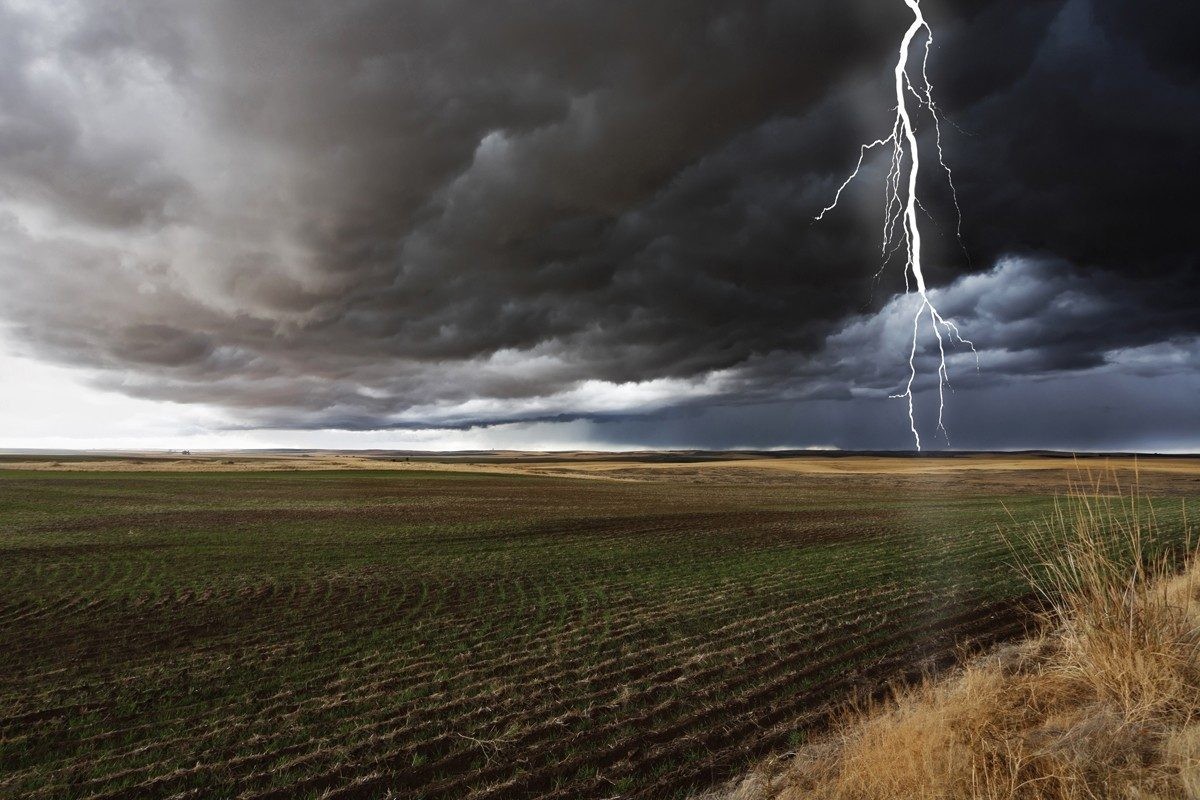News
STAYING SAFE DURING STORM SEASON

As the days grow warmer and the air becomes more humid, many regions experience the onset of thunderstorm season. Thunderstorms can bring heavy rain, strong winds, hail, and even tornadoes, posing significant risks to safety and property. Being prepared and knowing how to stay safe during these storms is crucial. Here are some essential tips to help you and your family navigate thunderstorm season safely.
Understanding Thunderstorms
Before diving into safety tips, it’s important to understand what thunderstorms are and how they develop. Thunderstorms form when warm, moist air rises and cools, leading to the formation of cumulonimbus clouds. These clouds can produce lightning, thunder, heavy rainfall, and severe weather conditions. While most thunderstorms are harmless, some can escalate into severe storms, leading to dangerous situations.
Preparation is Key
1. Stay Informed
- Weather Alerts: Sign up for weather alerts through your local meteorological service or use weather apps on your smartphone. These alerts can provide real-time updates on storm warnings and watches in your area.
- Understand the Terminology: Familiarize yourself with terms like “watch” (conditions are favorable for severe weather) and “warning” (severe weather is occurring or imminent) to respond appropriately.
2. Create an Emergency Plan
- Family Communication: Establish a communication plan with your family members. Decide on a safe meeting place if you get separated and ensure everyone knows how to reach each other.
- Emergency Kit: Assemble an emergency kit containing essential supplies such as water, non-perishable food, flashlights, batteries, a first-aid kit, and any necessary medications. Keep this kit in a readily accessible location.
3. Home Safety Measures
- Secure Loose Items: Before a storm hits, secure or bring indoors any outdoor furniture, decorations, or tools that could become projectiles in high winds.
- Check Your Roof and Gutters: Ensure that your roof is in good condition and that gutters are clear of debris to prevent water damage during heavy rains.
During the Storm
4. Seek Shelter
- Indoors: The safest place during a thunderstorm is indoors. Stay away from windows and doors to avoid injury from flying debris or broken glass.
- Basement or Interior Room: If severe weather is imminent, move to a basement or an interior room on the lowest floor of your home. This area should be away from windows and exterior walls.
5. Avoid Electrical Appliances
- Unplug Devices: To protect your electronics from power surges caused by lightning, unplug devices if you have time before the storm.
- Stay Away from Water: Avoid using plumbing fixtures (sinks, bathtubs, etc.) during a thunderstorm, as lightning can travel through plumbing and pose a risk of electrocution.
6. Stay Calm and Informed
- Monitor Updates: Keep a battery-operated weather radio or your smartphone handy to receive updates on the storm’s progress. If you lose power, a radio can be a vital source of information.
- Stay Calm: Keep yourself and your family calm during the storm. Engage in activities like reading, playing games, or discussing your emergency plan to alleviate anxiety.
After the Storm
7. Assess Damage Safely
- Wait for All Clear: Do not leave your shelter until local authorities have issued an “all clear” signal. There may be additional storms or hazards in the area.
- Check for Hazards: Once it’s safe to go outside, carefully assess your property for damage. Look for downed power lines, broken branches, or other hazards that could pose risks.
8. Report Issues
- Contact Authorities: If you encounter downed power lines or other dangerous situations, report them to local authorities immediately. Avoid attempting to fix these issues yourself.
- Local Assistance: After severe storms, local organizations may provide assistance for those affected. Stay informed about available resources in your community.
Thunderstorm season can be unpredictable and potentially dangerous. By staying informed, preparing your home and family, and knowing how to respond during and after a storm, you can significantly increase your safety and well-being. Remember, preparation is the best defense against the unpredictable nature of severe weather. Stay safe, and don’t hesitate to reach out to local authorities or community resources if you need assistance during storm season.
